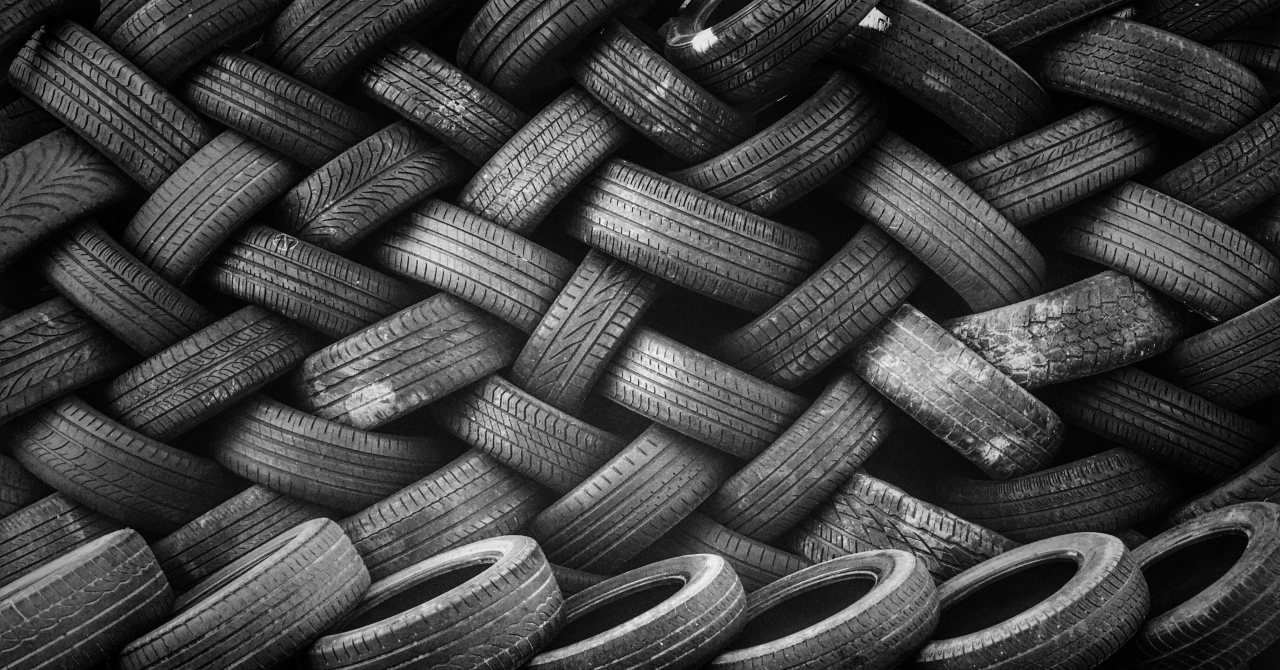The issue to the tire market comes, as we've stated in an article regarding the potential food crisis that looms around the corner, as the industry only focuses on just one source for the material which is necessary for tire production.
As CleanTehnica notes, natural rubber is being produced by many species of plants around the world, but commercially, only the Hevea brasiliensis tree is being cultivated for rubber production, which, as expected, leaves the industry open for vulnerabilities, such as fungus-type blights.
Such a disruption is already happening and it might endanger the production of rubber in Brazil for the tire industry.
While most of the world's rubber supply comes from southeast Asia, there might be a similar blight emerging in Indonesia that might affect the rubber tree cultures there.
While the loss of commercial-scale rubber tree loss would be devastating, the auto industry already made research regarding synthetic rubber for tires ever since the beginning of the 20th century, which was further amplified during the Second World War.
Synthetic rubber is commonly used for the car market, while trucks have been relying on the limitedly-available natural rubber tires, due to their better abrasion, however, with new research, trucks might switch to synthetics as well.
The need for sustainable rubber alternatives
As far as sustainability goes, petrochemical rubber could prove to be an issue regarding the contribution to microplastic pollution that happens through the daily wear and tear of the rubber.
The search for sustainable rubber options was happening during the Obama Administration, which was looking at the guayule plant as a domestic biofuel crop and as a rubber tree replacement.
Bridgestone is one tire maker that took the opportunity of turning guayule-based rubber into a viable tire alternative, and recently announced the "Firestone Firehawk" race tires, signaling advancements in the industry.
Goodyear's dandelion and soybean oil-based tires
Goodyear is another rubber company that has been working with the US Air Force in order to introduce dandelion-based rubber for aircraft tires, and recently, the company also announced that some of its bus tires will be made using soybean oi as to cut the use of synthetic rubber without sacrificing performance.
Through the use of soybean oil, Goodyear stated that it can reduce the use of petroleum for each tire by about 325 ml, which may not sound like a lot, but company officials explain that at scale, this is going to have a big impact.
They stated that by equipping a fleet of 1.600 buses with the new tires, the use of petroleum would drop by 20 barrels.
Beside new bus tires and other advancements regarding car-based transport, Goodyear is also focusing on bringing more sustainable tire options to cyclists through the company's bike division.
This way, Goodyear is spreading its attention towards alternative transport solutions, which might prove to be useful as we try to limit our transport emissions worldwide.
 Mihai - Cristian Ioniță
Mihai - Cristian Ioniță












Any thoughts?